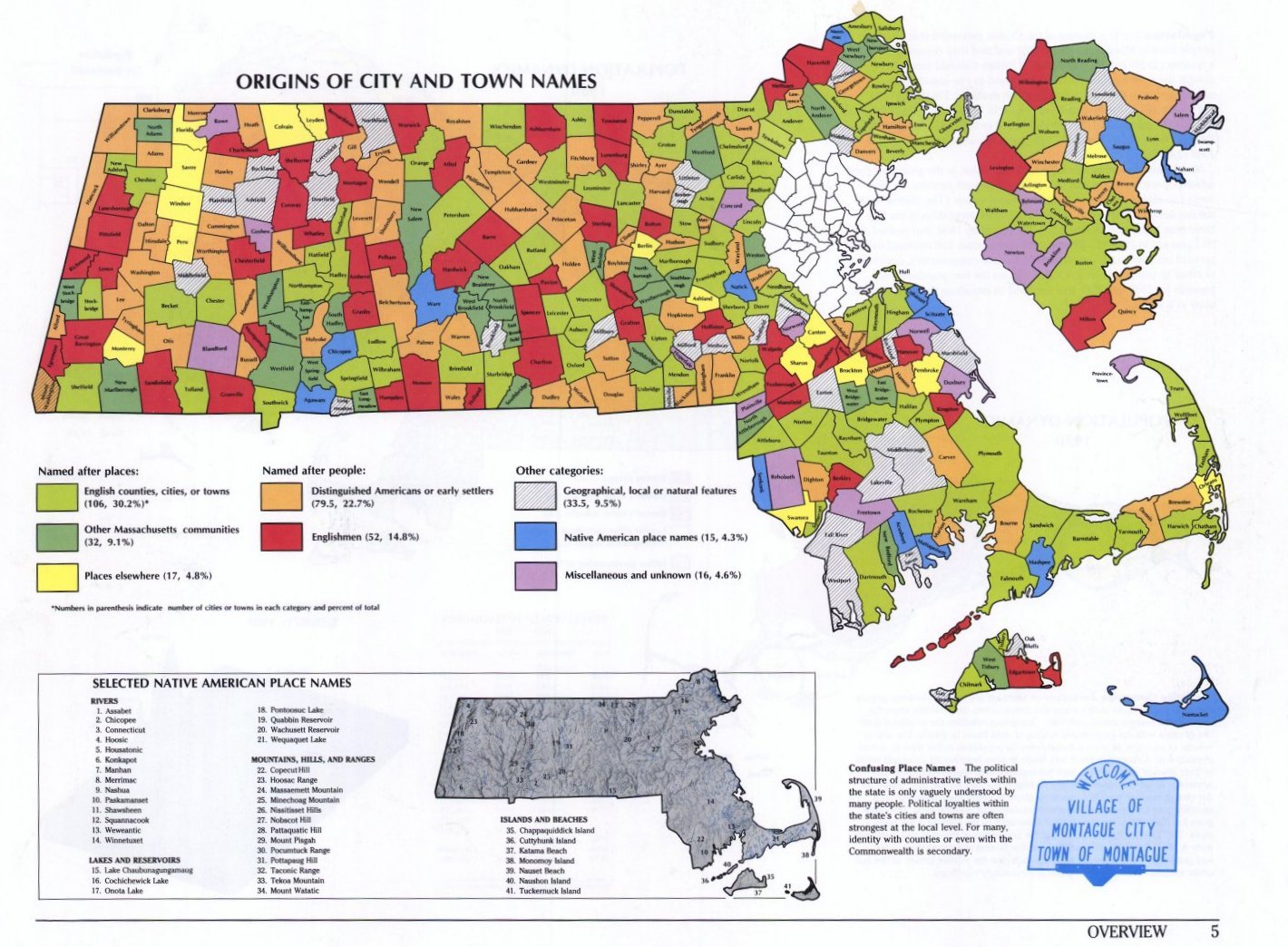The Case for Regionalization in Massachusetts
James Hayes-Bohanan, Ph.D.Professor of Geography
Bridgewater State College
Updated October 3, 2012
All contents reflect the views of Dr. Hayes-Bohanan
NOTE: The news is full of examples of the need to regionalize government services. Increasingly common are failed searches and/or exhorbitant salaries for administrative positions at the town level, or the limitations imposed by extremely high overhead. See the regionalization articles on my Environmental Geography blog for some of these examples.
In the spring of 2009, I was invited to join an online forum by the office of Massachusetts Governor Deval Patrick. The purpose of the forum was to gather citizen input on the improvement of government and the setting of priorities in the context of a shrinking economy. Although much of my concern about Massachusetts state government has been focused on its deplorable record of underfunding higher education, I decided to focus my energy on suggestions that might improve some very difficult situations at the local level. I live in a town, after all, that has been suffering from an inability to fund local services. That is, our town had not approved needed increases in its property taxes for many years (though it finally took this necessary step in June 2010).
Part of that inability arises from the fact that many older voters are reluctant to pay annual taxes that might approach the prices they paid for their homes forty or more years ago. Part of it arises from a knee-jerk reaction to public-sector spending in general, and part of it arises from a lack of recognition that property values are in part a reflection of local services that are funded by land taxes. That is, an investment in local services is a way of protecting the value of one's home, but many see escalating home prices as "earned" wealth. (I learned this way of thinking when I objected to the whole concept of property taxes in a conversation with my colleagues at the Lincoln Institute for Land Policy Studies.)

(Click to Enlarge)
351 Towns by Name Origins
UMass-Boston Our Town, Our City Project
The history, character, and heritage of our towns are impressive. That does not mean they should be our form of government.
351 Towns by Name Origins
UMass-Boston Our Town, Our City Project
The history, character, and heritage of our towns are impressive. That does not mean they should be our form of government.
